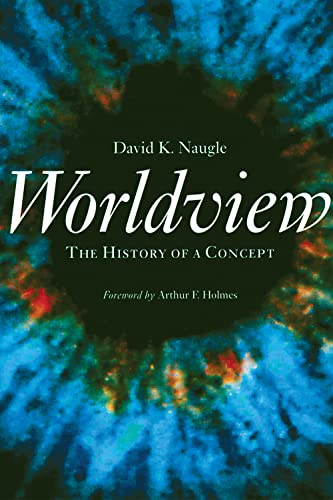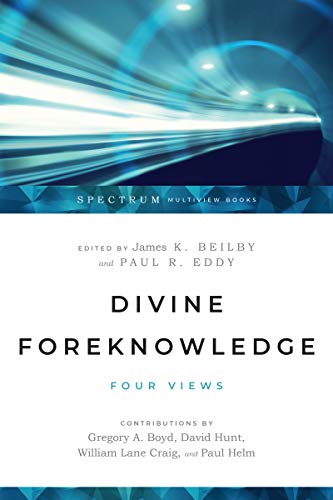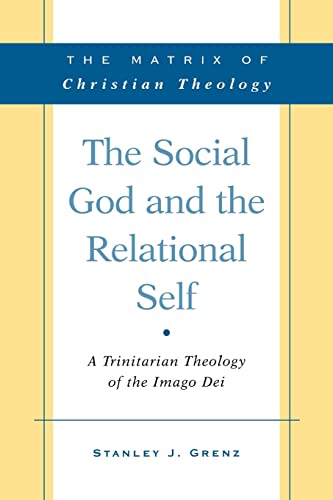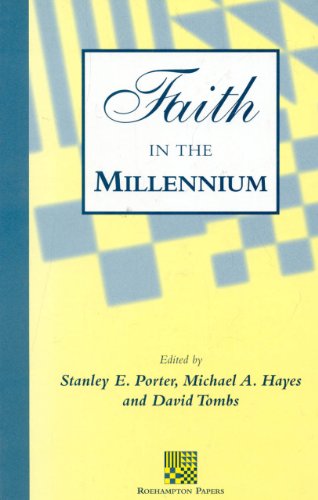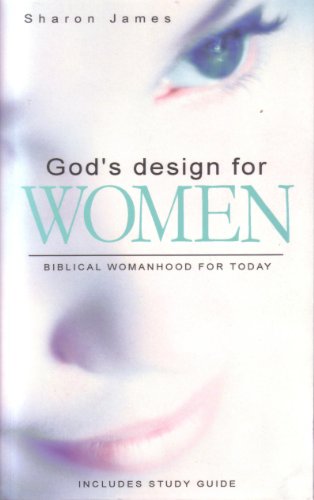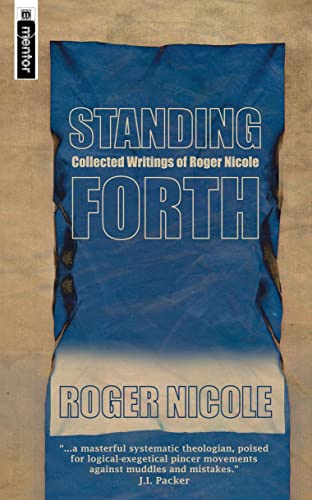WORLDVIEW—THE HISTORY OF A CONCEPT
Written by David K. Naugle Reviewed By Marcus HoneysettThis ambitious and weighty book undertakes to provide a detailed history of the concept of worldview—so dear to many evangelicals—from its philosophical roots through to its outworking in contemporary thought, in theology and a variety of academic disciplines. It is a thoroughly excellent contribution on the subject. Indeed I know of nothing else quite like it for depth and detail of historical, philosophical and inter-disciplinary research on this topic.
This book is a serious academic tome. Rather than summarise a variety of worldviews, à la James Sire, Naugle’s theme is how worldview as a concept has developed, changed over the years, and how it has been used in different disciplines and philosophical systems. He reasons that the concept is a widely used and complex one and that if Christians are to make use of it, it behoves us to know about the sort of philosophical baggage the idea brings with it.
Naugle approaches his theme first philologically, with a survey of word studies on Weltanschauung; second, philosophically, with a detailed series of chapters on how the term and related ideas have emerged from the nineteenth century to the present day. Almost all major philosophical figures of note are dealt with fairly and comprehensively. Naugle’s aim is not so much a critique of a variety of positions on worldview, as a detailed survey of them. Hegel, Kierkegaard, Nietzsche, Husserl, Jaspers, Heidegger, Wittgenstein and plenty of others are allowed to speak on their own terms, through detailed examination of their work. Third, Naugle provides a disciplinary history of the concept, elaborating how the term is appropriated and used in the natural sciences and social sciences. Key figures are introduced and discussed throughout. I found the discussion on Polanyi particularly good. Finally the book concludes with philosophical and theological reflections.
Naugle is especially good at discussing complicated notions that relate to the concept of worldview as he goes along. Excellent summaries of ideas such as Wittgenstein’s language games, Derrida’s deconstruction and reification, Davidson’s conceptual schemes and Foucault’s genealogies of knowledge and power are provided, along with thoughtful and relevant Christian reflection and questions at the end of each chapter. For example, the discussion of Wittgenstein’s contribution to the concept of worldview raises questions such as: ‘what are the distinctive traits of a Christian form of life, and is there a unique vocabulary, perhaps biblically based, associated with I’ and ‘is the Christian world picture cognitively defensible, and if so, how; or is it purely a faith commitment commensurate with a plethora of other religions and philosophies? In other words, how might Christianity escape the snare of Wittgensteinian fideism?’
My reservations with this volume are few. It is not an easy read, but it doesn’t set out to be. The material will be of great use to postgraduates in philosophy, theology and epistemology, and to the most thoughtful undergraduates. Perhaps my biggest reservation arises from the book’s great strength as an historical survey. By letting a variety of positions speak authentically for themselves, Naugle leaves much critical conclusion to the reader. Perfectly fair, of course, but it does mean that the book sits slightly uneasily between being academically neutral and documenting a critical and theological Christian response to the philosophical issues raised. It occasionally feels as if it is not quite sure whether it wants to be a Christian book of theological reflection or not. For example in detailing the respective Protestant and Roman Catholic contributions to the concept of worldview Naugle takes them entirely on their own terms and, while admitting his own evangelical position, some will feel he does not offer critical comment on the substantial theological issues separating the two positions. The book needs to read as what it is, a survey of a concept, not primarily as an evangelical response to the different contributions elaborated upon.
My second reservation is related. This is that the Christian concluding material at the end of each chapter is considerably less detailed and worked out than the rest of the material in the preceding survey. Consequently the book works less well as an academic Christian response than it does as a Christian survey. Having said all, that the chapter conclusions are clear and accurate.
To conclude, for those interested in the history of ideas, especially philosophical ideas about how and why we view the world as we do, this is a sterling volume. It will certainly become a standard text.
Marcus Honeysett
Orpington


